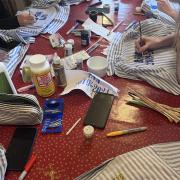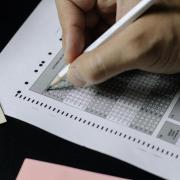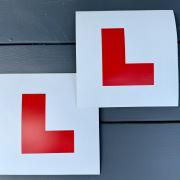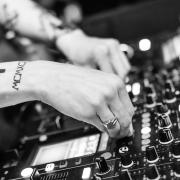
Social media, a ubiquitous aspect of society that has become much more prevalent, continues to retain the interest of over 2.89 billion people around the world. Teenagers are a particular demographic that is constantly surrounded by social media, of whom 70% use it at least once a day. Depending on how social media is used, it can have both a positive and negative impact.
With over 80% of teenagers checking their phones within the first 15 minutes of waking up, one of the first things they do is check their social media accounts.
Some students use social media as a way of posting their study notes and productivity to motivate others. However, this can have an opposite effect, as they may start comparing their work with others online, causing worry and stress to increase. One student described this cycle as “intimidating” and “destructive” because it caused her to “constantly compare [her] work to the amount that others were doing,” or rather seemed to be doing via social media.
Social media also greatly reduces esteem levels, by presenting an unrealistic idea of other peoples’ lives, not only in terms of studying but all other aspects of life such as body image.
Despite this, social media can have positive impacts on students, such as providing support, stimulating productivity and making people feel like they “are not alone.” As well as this, hashtags on platforms such as Twitter can be used to centralise information for a certain topic a student is studying. This also makes it easier to find and share resources efficiently, while building a community all over the world, which is seen by Instagram having 1 billion users.
Despite the amount of information available via social media, it can lead to being a distraction. Teenagers are reported to spend an average of just over 2.5 hours on social media each day, getting sidetracked from studying or doing any other task. A student reported that social media “sometimes has the ability to take over [her] life,” diverging her focus from GCSEs.
Overall, social media is a central part of students’ lives, providing them with resources and support for assistance in their studies. On the other hand, social media can be seen as something that decreases self-esteem and increases stress. The effects of social media platforms depend on how people use and interact with them, whether doing so in a positive or negative way.
Priyal Dhanjal


























